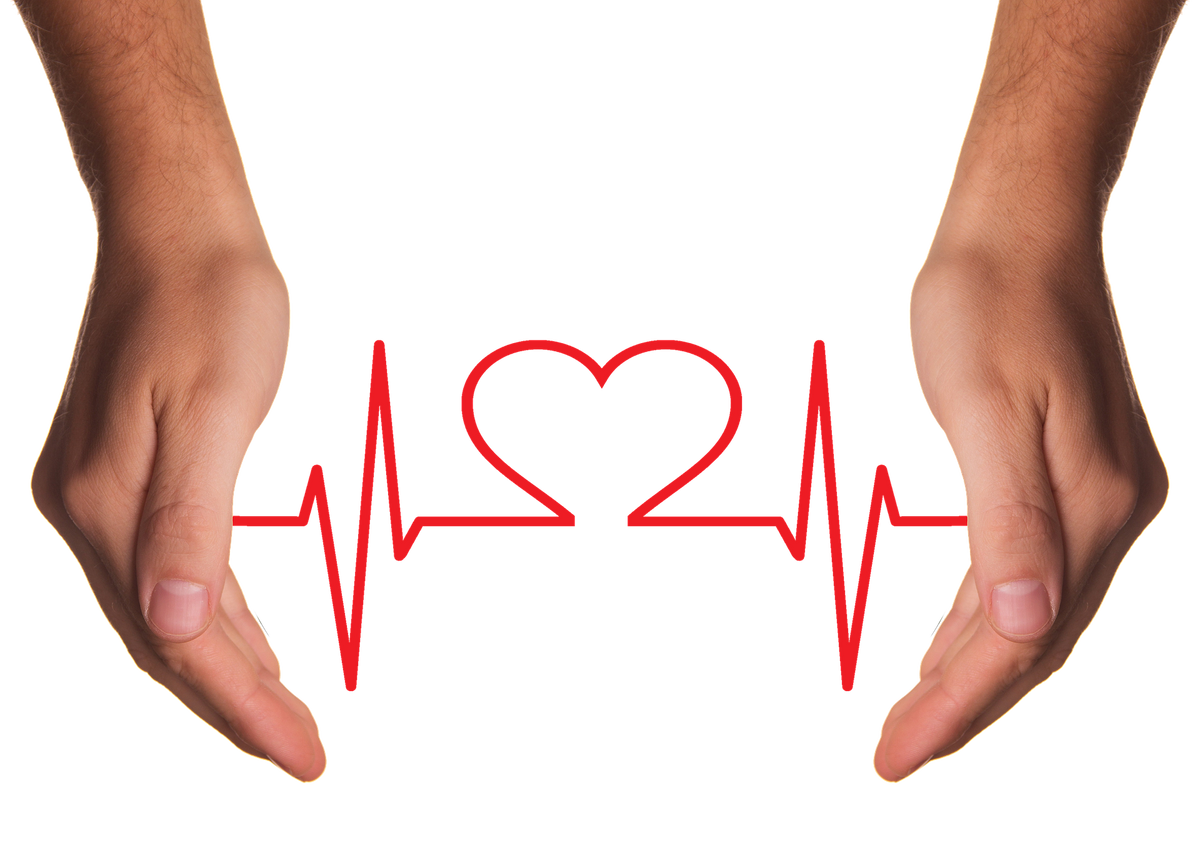According to data from the Centers for Disease Control and Prevention (CDC), the leading cause of mortality in the United States is heart disease, responsible for about 655,000 deaths each year. While a family history of heart disease can contribute to heart disease, many other factors can increase the risk of developing this condition, including high blood pressure, high cholesterol, smoking, diabetes, obesity, and a sedentary lifestyle.
About 95 million adults aged 20 or older have total cholesterol levels considered borderline high, and 29 million adults have total cholesterol levels considered high, contributing to the high rate of heart disease in the United States. The good news is that, with several healthy lifestyle modifications, people who want to reduce their cholesterol naturally can gradually do so without medication. However, the time it takes to lower cholesterol can vary by person depending on a number of factors.
In this article, we'll discuss different types of cholesterol, healthy versus high cholesterol levels, different ways cholesterol impacts health, strategies for lowering cholesterol, and the time it takes to lower cholesterol levels.
How does cholesterol affect your health?
Cholesterol is a fat essential for many bodily functions and is necessary to produce hormones and build cell membranes. It comes from two sources: our bodies and the foods we eat. The cholesterol we get from food comes from animal-based foods such as dairy products, eggs, and meat. Plant-based foods do not contain cholesterol. Our bodies naturally produce cholesterol in the liver and other cells. The liver is responsible for regulating the production of cholesterol in response to the body's needs. When we consume cholesterol-rich foods, our bodies absorb the cholesterol, which enters the bloodstream. When cholesterol levels in the blood are low, the liver produces more cholesterol. When cholesterol levels in the blood are high, the liver reduces its production of cholesterol.
If cholesterol levels in the body are too high, the excess cholesterol can build up in the bloodstream and attach to the walls of arteries, forming plaques that narrow the arteries and reduce blood flow to the heart. The buildup of these fatty deposits in the arteries is called atherosclerosis. Atherosclerosis can cause cardiovascular problems, including coronary heart disease, peripheral artery disease, heart attacks, strokes, and even aortic aneurysms.
Cholesterol- the good and the bad
Cholesterol may get a bad rap, but not all cholesterol is bad. In fact, having high levels of high-density lipoprotein (HDL) cholesterol is actually good for you.
- Low-density lipoprotein (LDL) cholesterol: This is often referred to as "bad" cholesterol, as it can contribute to plaque buildup in the arteries. High levels of LDL are associated with an increased risk of heart disease.
- High-density lipoprotein (HDL) cholesterol: This is often referred to as "good" cholesterol, as it helps to remove excess cholesterol from the bloodstream and carry it back to the liver for processing. High levels of HDL are associated with a reduced risk of heart disease.
Triglycerides: Triglycerides are fats (lipids) that circulate in the blood and are stored in fat cells throughout the body. They are produced in the liver and come from our food. Highly processed foods and foods high in fat and carbohydrates tend to contain the highest levels of triglycerides.
Triglycerides serve as an energy source for the body and provide insulation to help regulate body temperature. However, high levels of triglycerides, especially when combined with other risk factors such as high cholesterol and high blood pressure, are associated with an increased risk of heart disease and stroke.
What cholesterol levels are healthy?
Healthy cholesterol levels can vary depending on age, gender, and health status. In general, however, the following are considered healthy cholesterol levels:
- LDL cholesterol (the "bad" cholesterol): Less than 100 mg/dL
- HDL cholesterol (the "good" cholesterol): 60 mg/dL or higher
- Triglycerides: Less than 150 mg/dL
What levels are concerning?
In general, the following cholesterol levels are of concern:
- LDL cholesterol (the "bad" cholesterol): 160 mg/dL or higher
- HDL cholesterol (the "good" cholesterol): For men, less than 40 mg/dL. For women, less than 50 mg/dL.
- Triglycerides: 200 mg/dL or higher
How long does it take to lower cholesterol?
The amount of time it takes to lower cholesterol can vary from 4 to 12 weeks depending on a number of factors, such as the severity of the cholesterol imbalance, the type of treatment used, and the person's overall health. However, lowering LDL cholesterol is a gradual process, so consistently following a treatment plan is essential for success.
It may take several months before lifestyle changes impact cholesterol levels significantly. However, by exercising regularly, following a heart-healthy diet, and quitting smoking (if you smoke), you can lower cholesterol levels over time. To do this, you should consume a range of foods high in nutrients, such as fresh produce, whole grains, lean meats, and cereals. You should also limit foods high in saturated fat, stay away from trans fats, eat fewer foods with added sugars, consume a diet low in salt, and eat a high-fiber diet. You should also incorporate a heart health supplement, such as Healthycell’s Heart and Vascular Health, which contains a blend of plant extracts, vitamins, and minerals that help maintain normal cholesterol, triglyceride, and blood pressure levels.
With lifestyle changes, it can take 3 to 6 months to see a significant change in cholesterol levels. However, by following a strict treatment plan, it’s possible to see changes in just 4 to 5 weeks without medication. If patients have other risk factors and their LDL cholesterol has not decreased after around 12 weeks of lifestyle adjustments, doctors may recommend a cholesterol-lowering medication.
Medications, such as statins, can be used to lower cholesterol levels, but the effectiveness of these medications depends on the type of drug, the dosage, and the person's individual response. Medicines that decrease cholesterol can cause a change in LDL within 6 to 8 weeks, but effects can vary.
Though medication is an option for some people, it's important to know that statins and other cholesterol-lowering medications can cause side effects such as muscle pain and weakness, digestive problems, liver damage, memory problems, and increased blood sugar levels. If your doctor is considering putting you on medication, you should discuss the risks and benefits.
The best methods for lowering cholesterol
You should work with your doctor or healthcare provider to develop a personalized plan for managing your cholesterol levels while monitoring your progress.
There are several methods for lowering cholesterol levels, including:
- Lifestyle changes: Healthy lifestyle changes can help lower cholesterol levels naturally. Some of the most effective lifestyle changes for lowering cholesterol include eating a heart-healthy diet with plenty of fruits, vegetables, lean meats and protein, and whole grains. You should stay away from trans fats and try to limit your consumption of saturated fats. A good way to do this is to avoid highly processed foods. In addition, you should engage in regular physical activity, quit smoking, and maintain a healthy weight. Exercise can help maintain a healthy weight, strengthen the heart, and aid in the body's more efficient removal of cholesterol from the blood, gradually bringing down bad cholesterol. You should aim for at least 150 minutes per week of moderate-intensity activity, such as walking. If you need some motivation, consider buying a fitness tracker to track your steps, heart rate, time, and distance. With consistency, you should see changes in your cholesterol levels over time. Read 9 Ways To Improve Heart and Cardiovascular Health Naturally With Lifestyle Changes for more tips.
- Dietary supplements: Some dietary supplements, such as plant sterols and stanols, soluble fiber, and omega-3 fatty acids, may help to lower cholesterol levels. Healthycell’s Heart and Vascular Health supplement contains effective doses of CoQ10, Resveratrol, and Vitamin K2, along with grape seed extract and soluble fiber to support healthy cholesterol, triglyceride levels, and blood pressure.
- Medications: Several medications are available to help lower cholesterol levels, including statins, bile acid sequestrants, and fibrates. These medications work by either reducing the amount of cholesterol the body produces or by helping remove excess cholesterol from the bloodstream. Medication is an option if LDL cholesterol does not decrease sufficiently after making dietary and lifestyle modifications. It’s important to discuss these with your doctor as there may be interactions and side effects, especially if you’re taking other medications.
Alternative therapies, such as acupuncture and meditation, may impact cholesterol levels by reducing stress and lowering blood pressure. While more people are gravitating toward these natural therapies, more research is needed to understand their effectiveness.
In Summary:
A person's risk of heart disease can be decreased by lowering LDL cholesterol. Adopting a cholesterol-friendly lifestyle by making dietary changes, exercising, and ditching bad habits, such as smoking, can benefit those with moderately high cholesterol in 4 to 12 weeks. Maintaining these healthy behaviors can enhance long-term health even when cholesterol levels decline, as discussed in Dean Ornish’s Undo It!: How Simple Lifestyle Changes Can Reverse Most Chronic Diseases.
See a physician to learn more about a person's unique risk factors for heart disease and the best methods for lowering cholesterol, given their current state of health.
About the Author
Dr. Giampapa is a world-renowned medical doctor, inventor, and surgeon specializing in anti-aging medicine. He recently received a nomination for the Nobel Prize for his groundbreaking stem cell research, as well as the Edison Award for the Healthycell nutritional supplement for cell health. He was also awarded the A4M Science & Technology award for his development of the BioMarker Matrix Profile – the first computer program to measure aging.




